We're loading the full news article for you. This includes the article content, images, author information, and related articles.
Following the death of party leader Raila Odinga, ODM is battling to maintain its grip on the politically crucial Coast region amid internal divisions and a concerted push by President Ruto's UDA party.
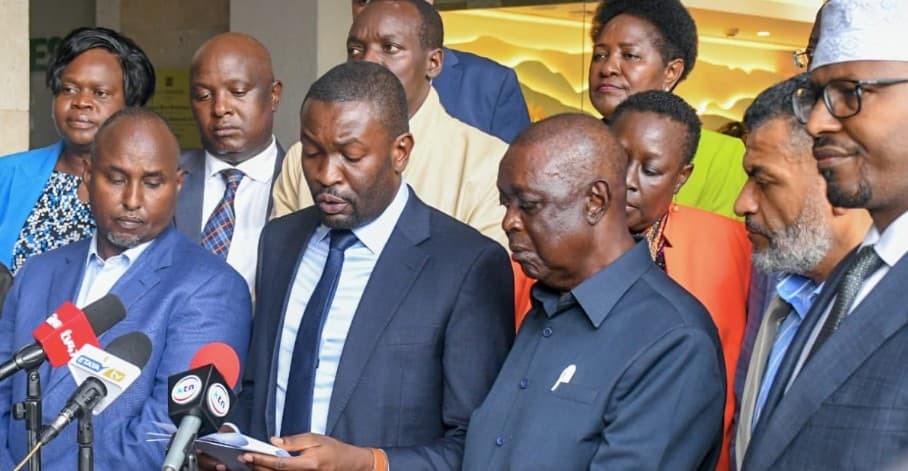
MOMBASA, KENYA – In the wake of the sudden death of its charismatic leader, Raila Odinga, on Wednesday, October 15, 2025, the Orange Democratic Movement (ODM) has launched a high-stakes campaign to consolidate its support in the politically pivotal Coast region. The party's new interim leader, Dr. Oburu Oginga, who is Raila's elder brother, led a delegation of senior officials on a tour of Mombasa and Kilifi counties over the weekend of Saturday, November 1, and Sunday, November 2, 2025. The tour, which included a delegates' meeting in Mombasa, is seen as a critical first step in reassuring a grieving support base and steadying the party machinery ahead of future electoral contests.
The immediate focus for the party is the Magarini constituency by-election scheduled for Thursday, November 27, 2025. During a rally on November 2, ODM leaders passionately campaigned for their candidate, Harrison Kombe, framing the election as a tribute to their fallen leader. "For the respect of Raila who remained close to this region until his death, please vote for Kombe," Dr. Oginga urged voters in Magarini. This appeal to emotion underscores the party's immediate strategy: leveraging Odinga's formidable legacy to maintain political cohesion.
While presenting a united front publicly, ODM is grappling with significant internal divisions over its future direction. The party is split on its engagement with President William Ruto's administration. A faction, reportedly including Mining Cabinet Secretary Hassan Joho and Homa Bay Governor Gladys Wanga, advocates for continuing the "broad-based government" arrangement, potentially supporting President Ruto's re-election in 2027. This group argues for pragmatism to remain relevant and access development resources.
Conversely, a group of so-called 'rebels' led by Secretary-General Edwin Sifuna insists that ODM must field its own presidential candidate in 2027, claiming this was Odinga's final wish. These divergent views threaten to fragment the party as it navigates a post-Raila era for the first time in its 20-year history. Political analysts suggest the party's ability to resolve this internal power struggle will be crucial for its survival and continued influence in key strongholds like the Coast.
The political vacuum left by Odinga has not gone unnoticed by the ruling United Democratic Alliance (UDA). President Ruto's party has been actively working to make inroads in the region, a traditional ODM bastion. As early as February 2025, UDA launched an ambitious campaign to recruit over 200,000 new members in Mombasa and Kilifi. The President and his allies have made numerous visits to the Coast, launching development projects and positioning UDA as a viable alternative.
The 2022 general election results already signaled a shifting landscape. While Odinga secured a majority of the presidential vote, UDA and allied parties captured key gubernatorial seats, including Kwale (UDA) and Lamu (ANC, now dissolved into UDA). Furthermore, the Taita Taveta governorship was won by Andrew Mwadime, an independent who defected from ODM citing a lack of fairness in party nominations. This erosion of ODM's dominance at the county level provides a foundation for UDA's current offensive.
For decades, Raila Odinga's personal influence was the bedrock of ODM's strength at the Coast. His death has fundamentally altered the region's political calculus. Local leaders like Mombasa Governor Abdulswamad Nassir, who is also an ODM Deputy Party Leader, now face the monumental task of galvanizing support without their iconic figurehead. The party's success will depend on its ability to institutionalize its structures beyond personality politics and address pressing local issues that UDA is keen to exploit.
The upcoming Magarini by-election will serve as the first major electoral test of ODM's resilience in the post-Raila era. A victory would provide a much-needed morale boost and signal continued strength. However, a loss could embolden rivals and accelerate the realignment of political forces in a region that is now, for the first time in a generation, truly in play.
Keep the conversation in one place—threads here stay linked to the story and in the forums.
Other hot threads
E-sports and Gaming Community in Kenya
Active 8 months ago
The Role of Technology in Modern Agriculture (AgriTech)
Active 8 months ago
Popular Recreational Activities Across Counties
Active 8 months ago
Investing in Youth Sports Development Programs
Active 8 months ago
Key figures and persons of interest featured in this article
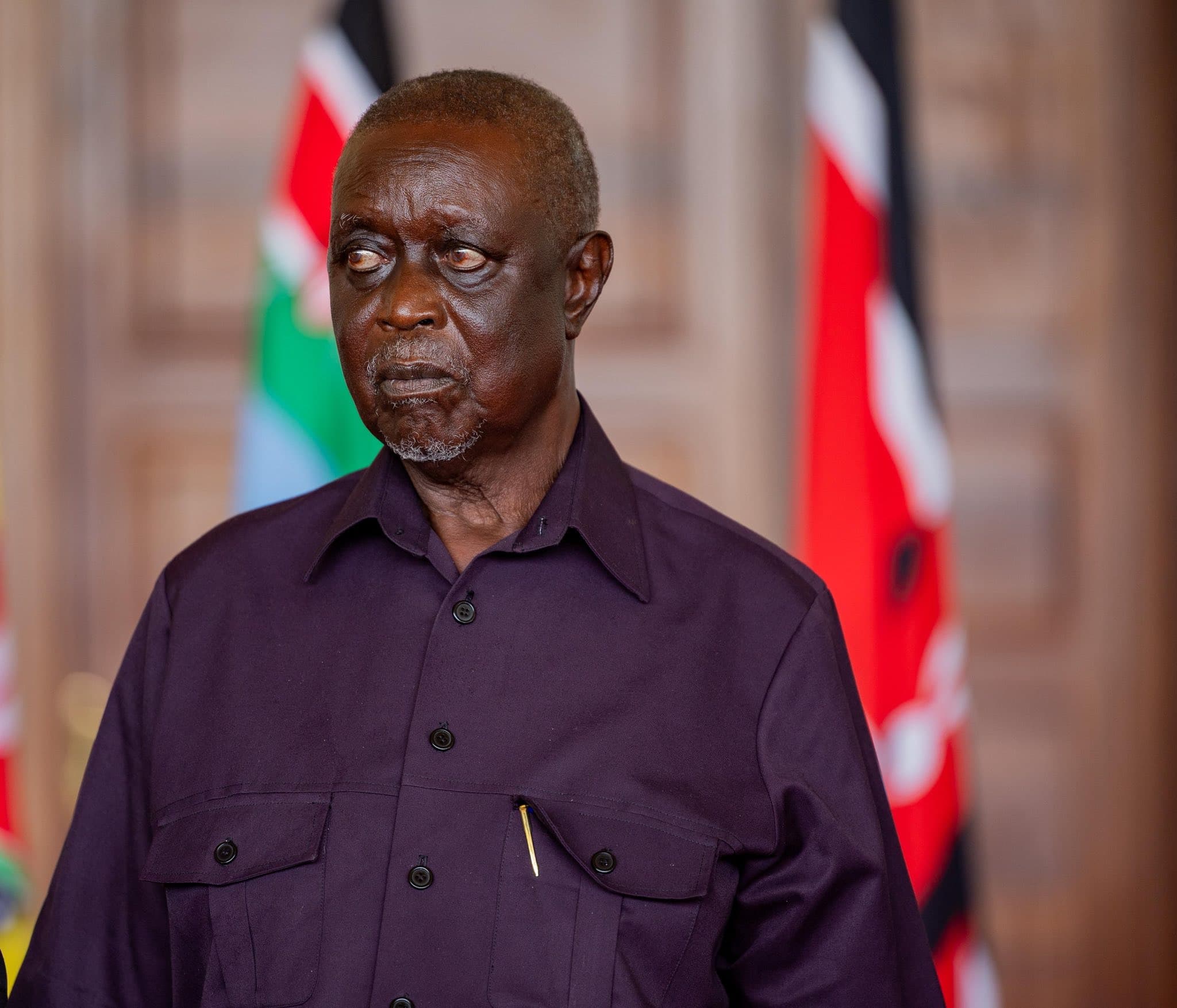
Senator for Siaya County
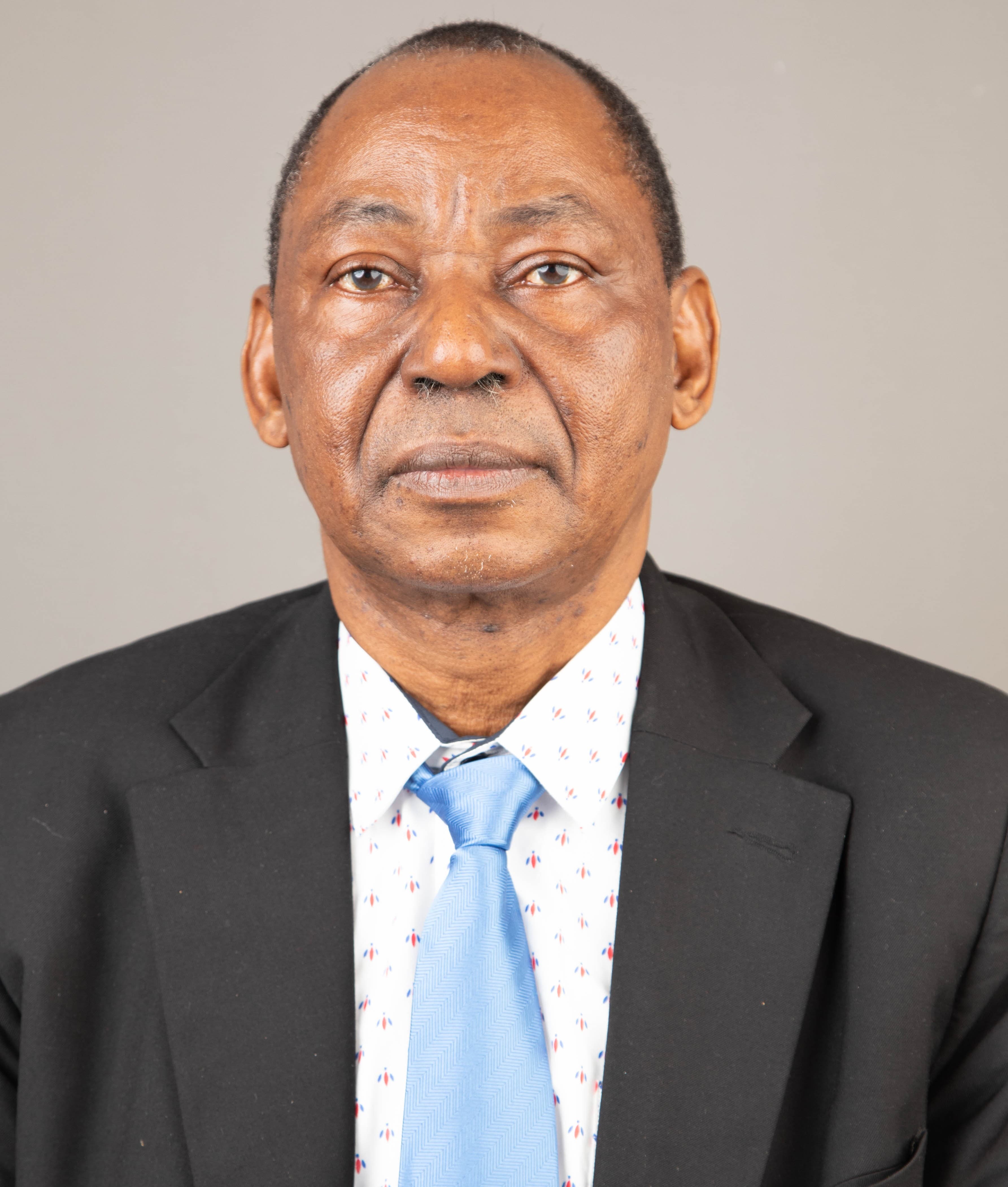
Member of Parliament, Magarini
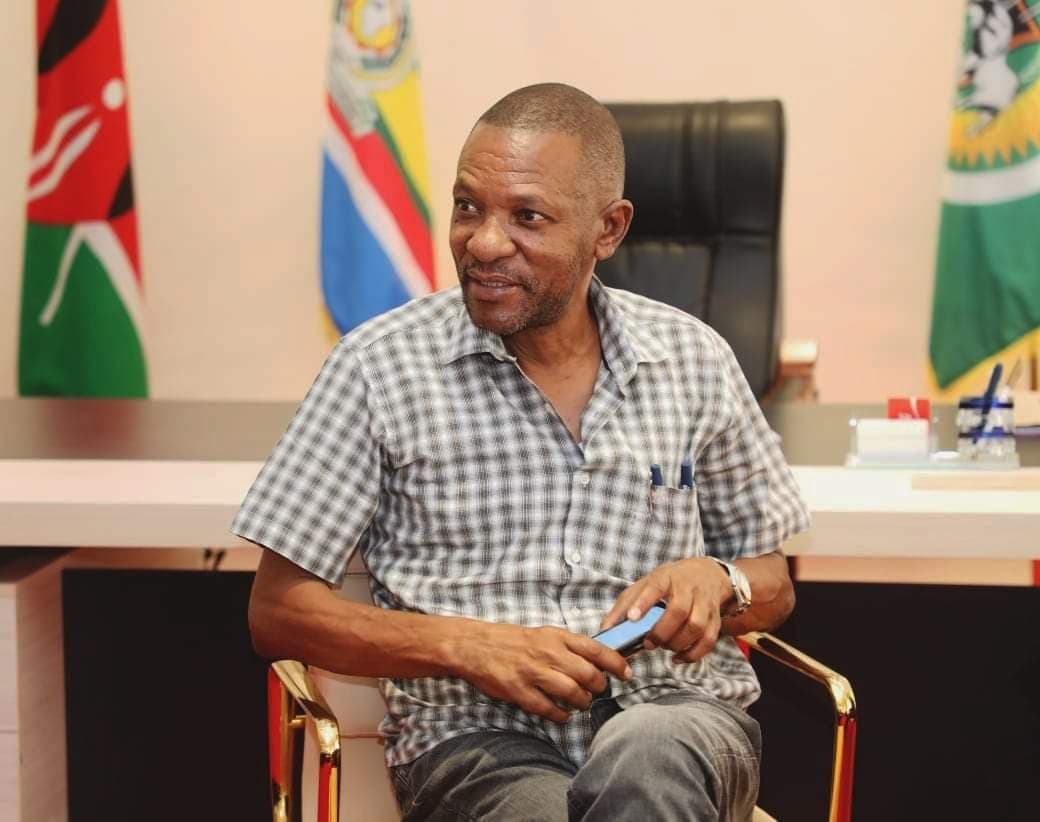
Governor of Taita-Taveta County
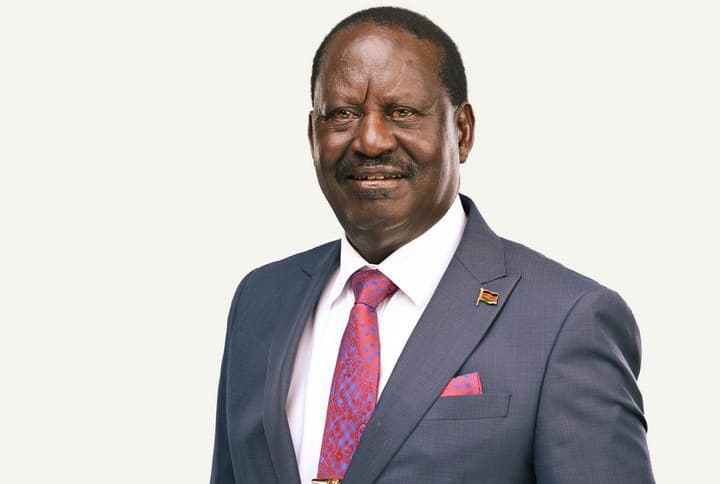
Leader of the Opposition
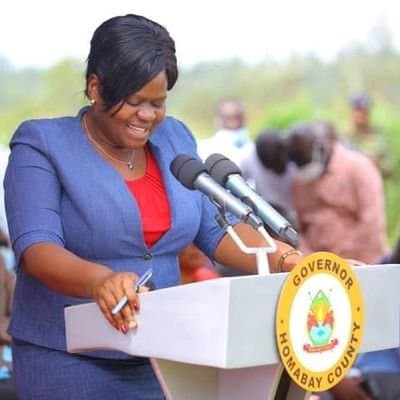
Governor of Homa Bay County
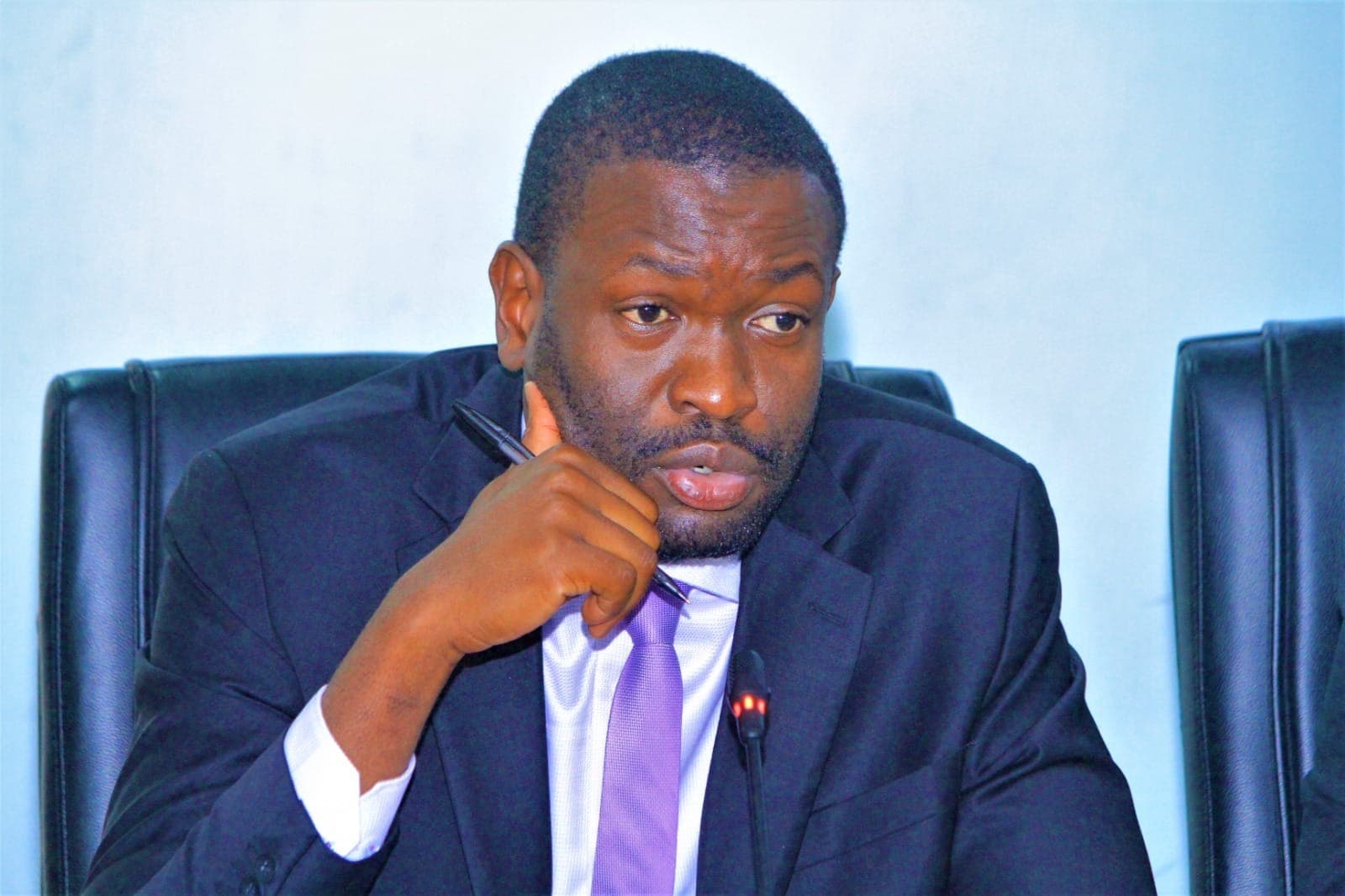
Senator for Nairobi County
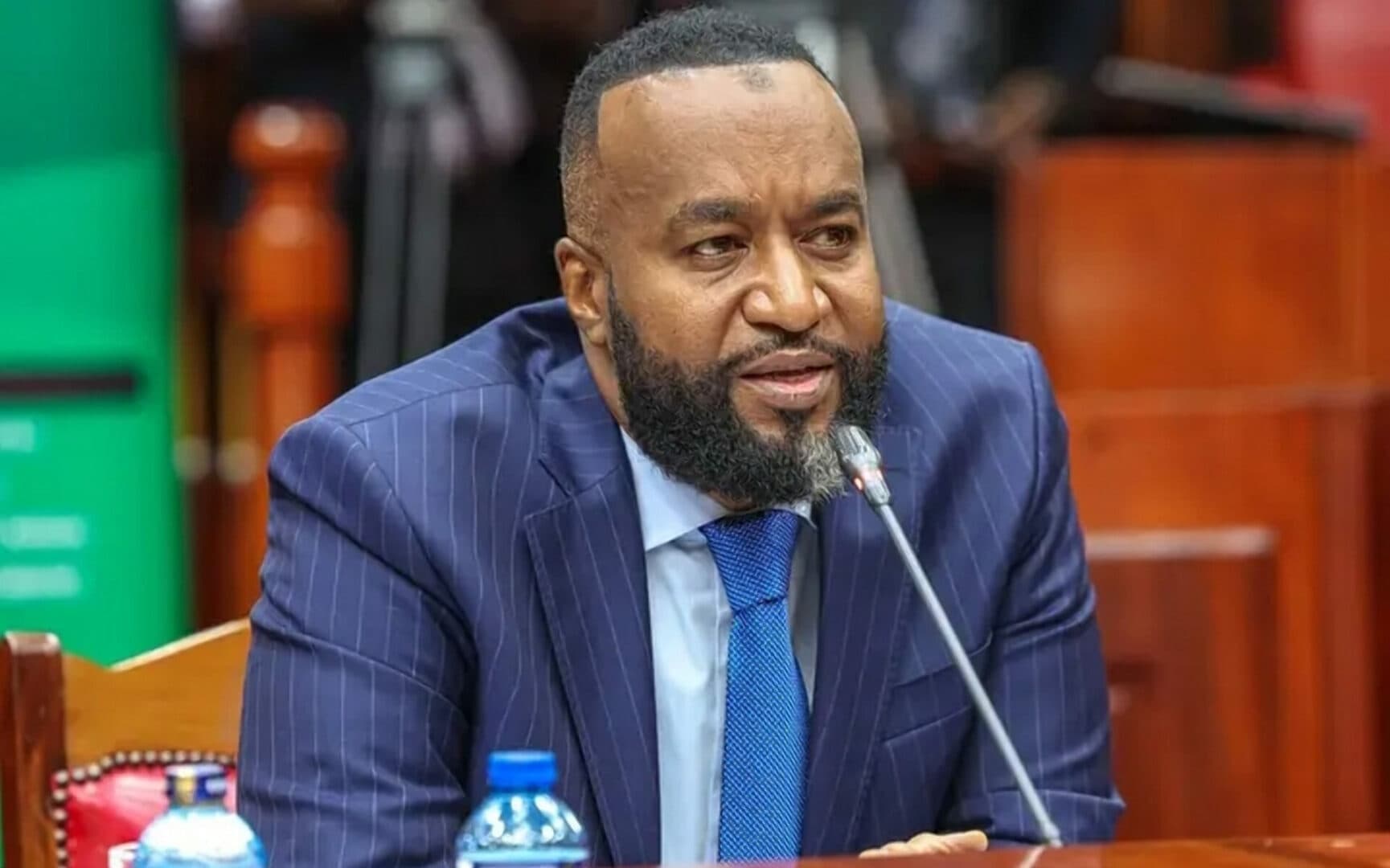
Cabinet Secretary for Mining, Blue Economy and Maritime Affairs